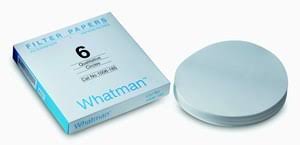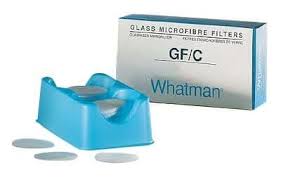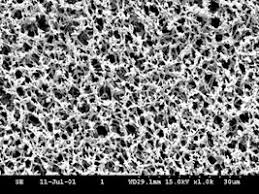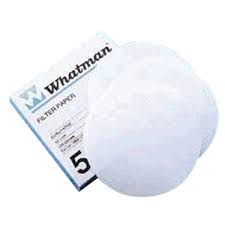Whatman
Qualitative Filter Papers-Grade 6: 3μm
Availability:
10 in stock
Grade 6: 3 μm*
Twice as fast as Grade 5 with similar fine particle retention.
Often specified for boiler water analysis applications.
Rs.1,642.50 Rs.2,190.00
Cellulose filters are used in qualitative analytical techniques to determine and identify materials.
Prepleated qualitative filters are available, which give improved flow rate and increased loading capacity compared to equivalent flat filters.
| Variation Codes | 1006-090 |
|---|






There are no reviews yet.